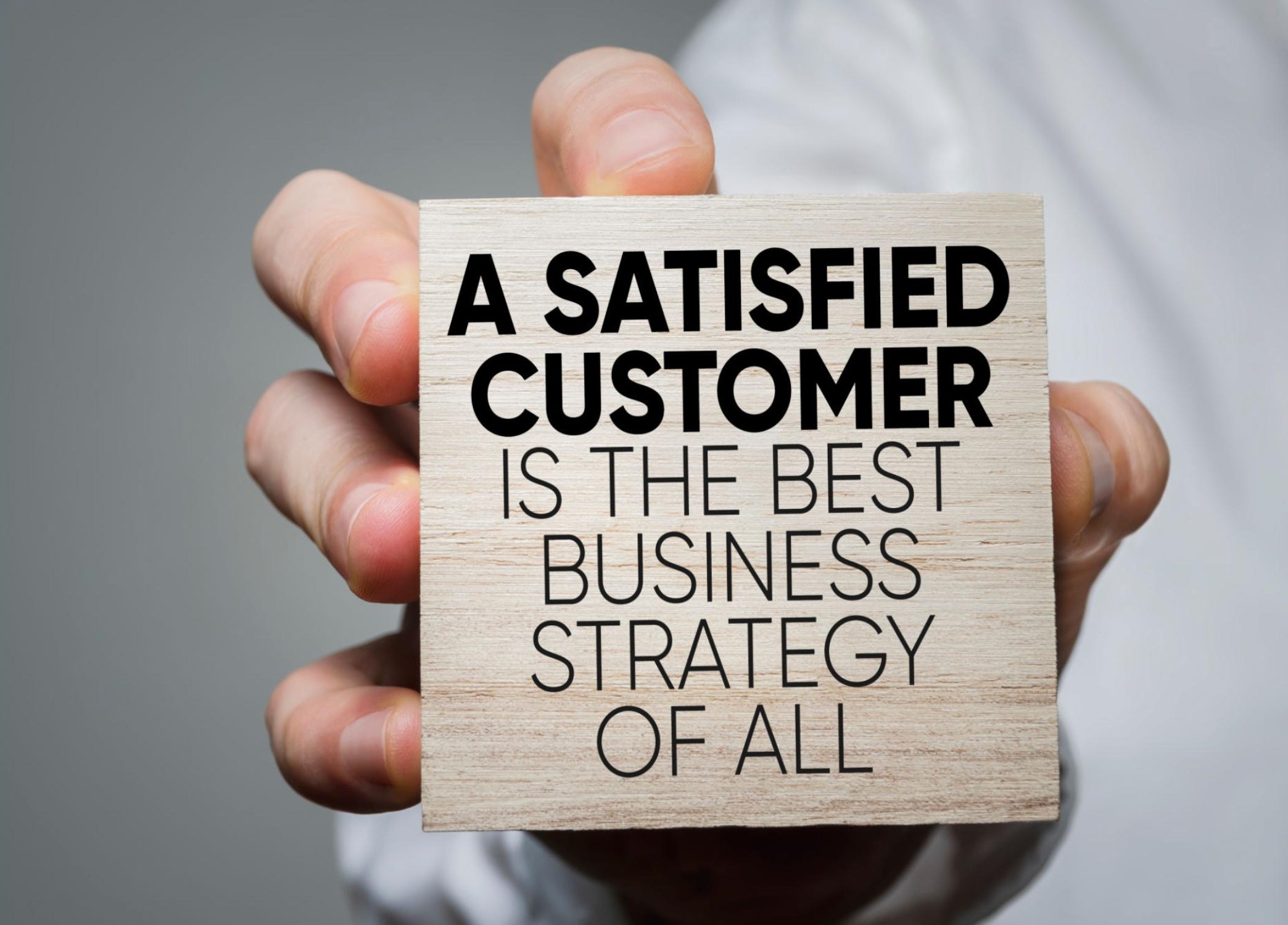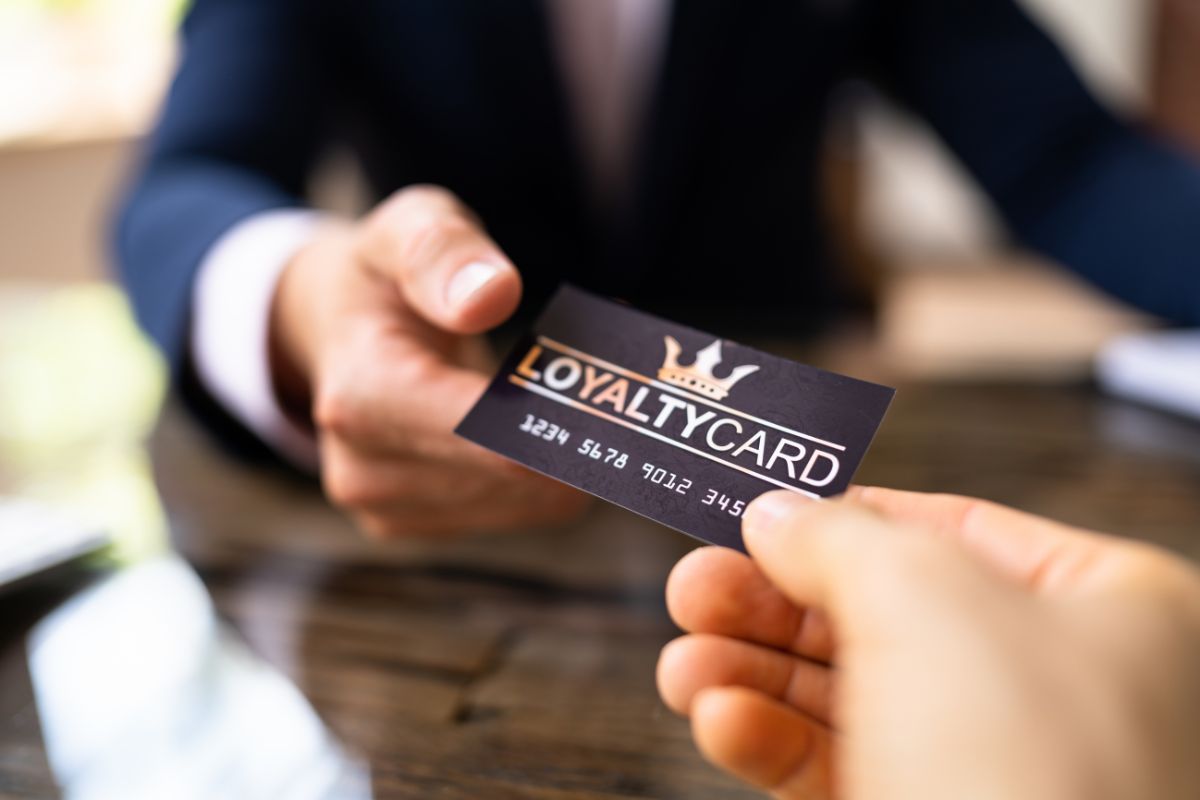
Forget everything you know about loyalty programs—they're getting a radical upgrade. Imagine a marketplace where customers can pool their points from different brands, trade them like stocks, and finally snag something they actually desire.
It’s not just a consumer's dream come true; it’s a lifeline for small businesses ready to rewrite the rules. With this model, the underdogs aren’t just surviving; they’re thriving, fostering genuine relationships without the monstrous budgets that big players throw around.
If you're a small business owner looking to leverage the potential of loyalty marketplaces, now's the time to explore what platforms like Rediem have to offer. A tool like Rediem allows you to seamlessly integrate into this new wave of customer loyalty, helping you drive engagement and boost retention without all the headaches.
What Are Loyalty Marketplaces, and Why Are They Gaining Popularity?
Loyalty marketplaces are platforms that allow customers to earn, manage, and redeem points across multiple brands and services. Unlike traditional loyalty programs where customers earn points with one brand, loyalty marketplaces offer flexibility by creating a network of participating businesses. This model makes it easier for customers to accumulate and spend points, encouraging them to stay engaged with multiple brands.

The idea taps into modern consumer behaviors, where loyalty isn't just about repeat purchases; it's about value, convenience, and choice. A loyalty marketplace enables a more personalized customer journey, where the customer feels they have control over how they are rewarded. For small businesses, this shift means more than just a new way to distribute points. It opens the door to a more collaborative marketing approach, where local businesses can support each other, attract new customers, and build lasting relationships.
The Appeal for Small Businesses
Small businesses have always faced challenges when competing with larger companies, particularly in areas like customer retention and loyalty programs. Setting up a comprehensive loyalty program from scratch requires not just money but also time, expertise, and ongoing management. Loyalty marketplaces offer a solution by democratizing the process. Instead of going it alone, businesses can join a shared platform that has already done the heavy lifting—building the technology, creating a user base, and managing the backend operations.
This approach offers several key benefits for small businesses:
Shared Costs and Resources: Developing a custom loyalty program can be expensive. In a marketplace setting, costs are shared among all participating businesses. This reduces the financial burden and allows even the smallest players to participate.
Increased Customer Reach: By being part of a larger network, small businesses can access customers they might never have reached otherwise. If a customer visits the marketplace for another brand, they could stumble upon your business and decide to give it a try.
Collaborative Marketing: Loyalty marketplaces allow for collaborative marketing campaigns, where multiple businesses can pool their resources to create more impactful promotions. This is particularly useful for small businesses that may not have the budget to run large-scale marketing campaigns independently.
Data and Insights: Participation in a loyalty marketplace gives businesses access to valuable customer data. Understanding customer behavior, preferences, and purchasing patterns can help businesses fine-tune their offerings and target the right audience more effectively.
The Challenges and How to Overcome Them
While loyalty marketplaces offer plenty of advantages, they aren't without challenges. For small businesses, there may be concerns about maintaining their brand identity within a shared space. There’s also the question of standing out in a marketplace filled with competitors.
Brand Differentiation: In a crowded loyalty marketplace, it's essential for small businesses to differentiate themselves. This could mean offering unique rewards, providing exceptional customer service, or creating memorable experiences that set your brand apart. The goal is to make your participation in the marketplace an extension of your brand, not just another checkbox.
Navigating Competition: Being in a marketplace means sharing space with competitors, which can be both a challenge and an opportunity. Instead of viewing other businesses as rivals, think of them as collaborators. Use the platform's data to understand where you can fill gaps or offer complementary services.
Maintaining Customer Relationships: While marketplaces offer access to a broader customer base, businesses need to ensure that their existing customers still feel valued. Create personalized offers that speak directly to your loyal customers, and consider how you can use the marketplace to enhance—not replace—your direct customer interactions.
The Role of Technology in Loyalty Marketplaces
The backbone of any successful loyalty marketplace is robust technology. The platform needs to offer a seamless experience for both customers and businesses, allowing easy integration, management, and customization of rewards and campaigns. The technology should also provide real-time data analytics, enabling businesses to make informed decisions.
At Rediem, we are setting the stage for the next generation of loyalty marketplaces. With advanced features that cater specifically to small and medium-sized businesses, Rediem simplifies the process of joining a marketplace and getting started with loyalty marketing. Whether it's setting up a custom loyalty program or tapping into an existing network, the right technology can make all the difference.
Why Now is the Time to Join a Loyalty Marketplace
Consumer expectations are evolving. People want more from their interactions with brands—they want convenience, personalization, and value. Loyalty marketplaces offer all three, creating a compelling proposition for both consumers and businesses. For small businesses, especially those that may not have the resources to compete head-to-head with large companies, marketplaces offer a way to punch above their weight.

Joining a loyalty marketplace now can position your business to be more competitive in the future. As these platforms grow and more consumers become accustomed to using them, businesses already involved will have an advantage in terms of customer reach, engagement, and loyalty.
Building Long-Term Customer Loyalty
The ultimate goal for any business is to build a loyal customer base. In the past, this meant relying heavily on word-of-mouth, local advertising, and basic loyalty programs. While these methods still have their place, the landscape has changed dramatically. Today's customers are more informed, more connected, and more demanding. They are looking for brands that offer real value and align with their personal values.
Loyalty marketplaces can help small businesses meet these expectations by offering a more flexible and engaging loyalty experience. Instead of being tied to a single brand, customers can explore a community of businesses that reward them for their engagement. This not only increases the value of their points but also deepens their relationship with the marketplace and, by extension, the businesses within it.
Loyalty marketplaces represent a new frontier in customer engagement and retention, especially for small businesses looking to make a big impact without a massive budget. By joining a marketplace, small businesses can collaborate, share resources, and reach new customers—all while keeping existing customers engaged. Embrace the change, and see how being part of a loyalty marketplace can transform the way you build and maintain customer relationships.

